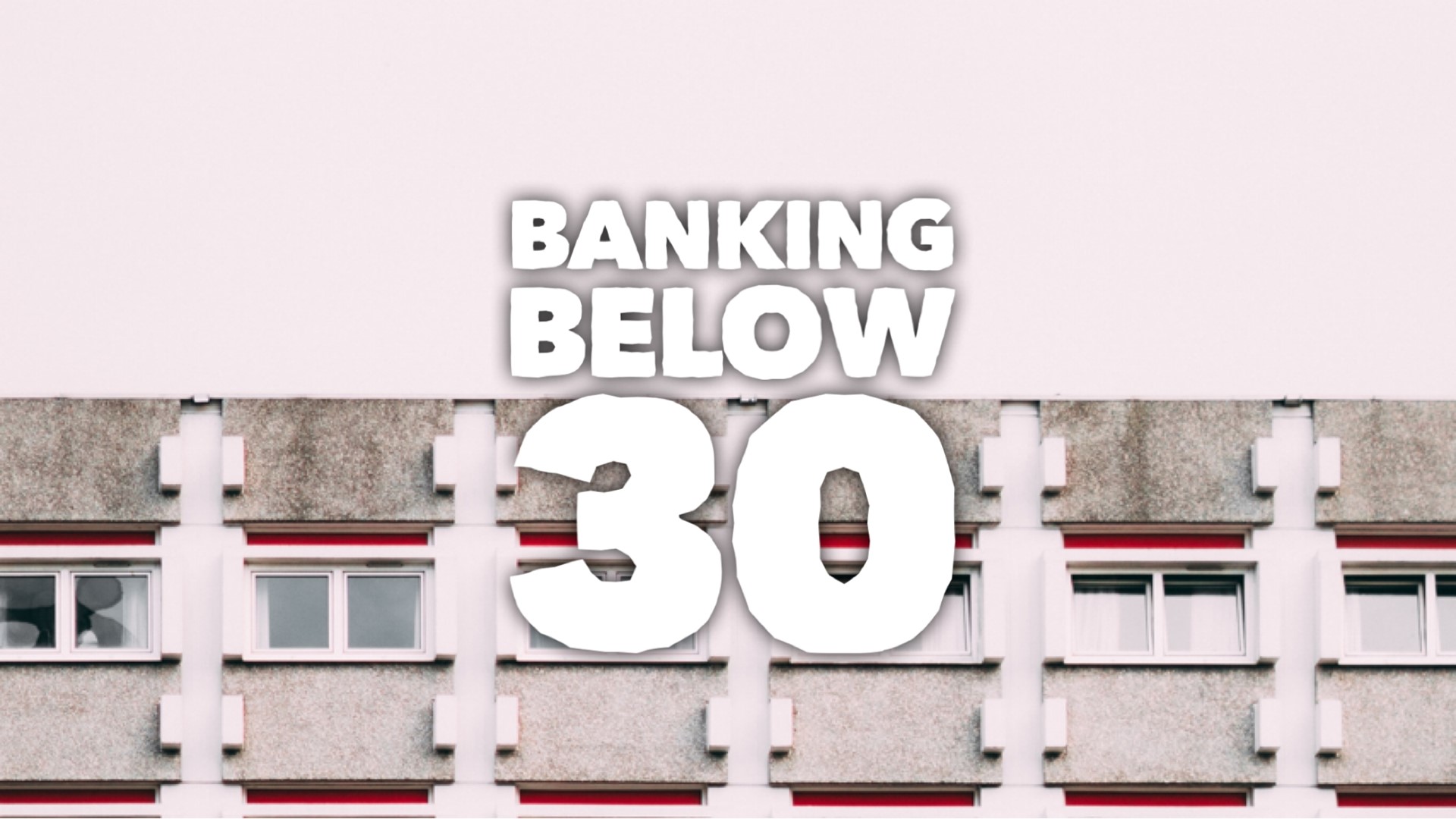DALLAS — Darryl Baker is a homeowner in Southern Dallas who’s had enough of low-income apartment buildings only being built near minority neighborhoods and never in white neighborhoods across North Texas.
“The housing policy says that we should be doing this throughout the city, but we just tend to only be doing it here,” he said. “That's part of what's unfair.”
Baker is a part of a story WFAA has been reporting on since fall 2020 in our Banking Below 30 series. We found that banks lend relatively little money to people in minority neighborhoods in Southern Dallas while, at the same time, investing hundreds of millions of dollars in low-income apartments that trap families in high-crime, low-opportunity neighborhoods.
It's happening because of a federal law called the Community Reinvestment Act, or CRA. On its face, the law is supposed to encourage banks to meet the credit needs of its entire community, through loans. But over the years the intent of the CRA has been perverted to allow banks to invest in slum apartments as a substitute for making actual loans.
Recently, federal bank regulators have proposed major fixes to the CRA but have ignored calls to stop this glaring problem.
Previously, we've reported that banks own or have owned 50 low-income housing developments in Dallas. Those banks include American Express, Bank of America, Chase, Truist and Wells Fargo.
The majority of the apartment buildings are in lower-income, Black and Hispanic neighborhoods that are already highly saturated with low-income housing.
Baker likes to take visitors around to see -- with their own eyes -- how strong neighborhoods are getting oversaturated with low-income housing and how that keeps shops and grocery stores from opening up.
“We're housing the region's working poor, as opposed to places like Frisco and Plano building sufficient affordable housing in their cities so that people who live over here don't have to make cross county trips to low-wage no-benefit jobs,” Baker said.
After we first reported this problem, a Dallas nonprofit sent this petition to federal bank regulators seeking to "undo the pattern of segregation caused by the unregulated siting" of low-income housing again and again, in the same neighborhoods.
But when those federal regulators recently proposed their updates to the Community Reinvestment Act, the petition was ignored, allowing these bank practices to continue.
“This is not a bunch of good religious souls out there, you know, trying to do good for humanity in the Lord,” said Mike Daniel, a civil rights attorney, who filed the petition. “These are national banks that contribute to the problem because in their view, they don't care what kind of neighborhood it’s in.”
Daniel also represents Darryl Baker in a recent complaint, claiming the overconcentration of low-income apartments "disproportionately disadvantages a predominantly Black and Hispanic group..." of homeowners in the neighborhood. It's a practice financed by banks and approved by Dallas City Hall.
“It’s a civil rights issue because it's clearly the race of the neighborhoods that's suffering the discriminatory effect,” Daniel said. “There are no white single-family neighborhoods in the city of Dallas that are in, or adjacent to, over-concentrations of low-income housing tax credits. They just don't exist. They're not there,” he added.
And the investments continue. This year, PNC Bank wrote this "letter of intent" to invest $60 million to rebuild the Rosemont at Ash Creek Apartments in a neighborhood already saturated with low-income apartments. And PNC also intends to invest $21 million to build the Highpoint at Wynnewood, also near existing low-income apartments.
In a statement, the bank writes: “Our mission at PNC is to use our resources to move everyone forward financially... We’ve invested billions of dollars coast to coast as part of this business to create new affordable housing and preserve existing affordable housing, including properties in North Texas.”
In Dallas there's an affordable housing crisis. One solution is a policy that encourages big banks to invest in affordable housing. But when bank regulators allow these apartments to continually be built in the same minority neighborhoods, those regulators are failing the very people they're supposed to protect.
What should the regulators do about the banks getting credit for this?
“They should stop it. Just stop it because it's not working,” Baker said. “It's failed us."

